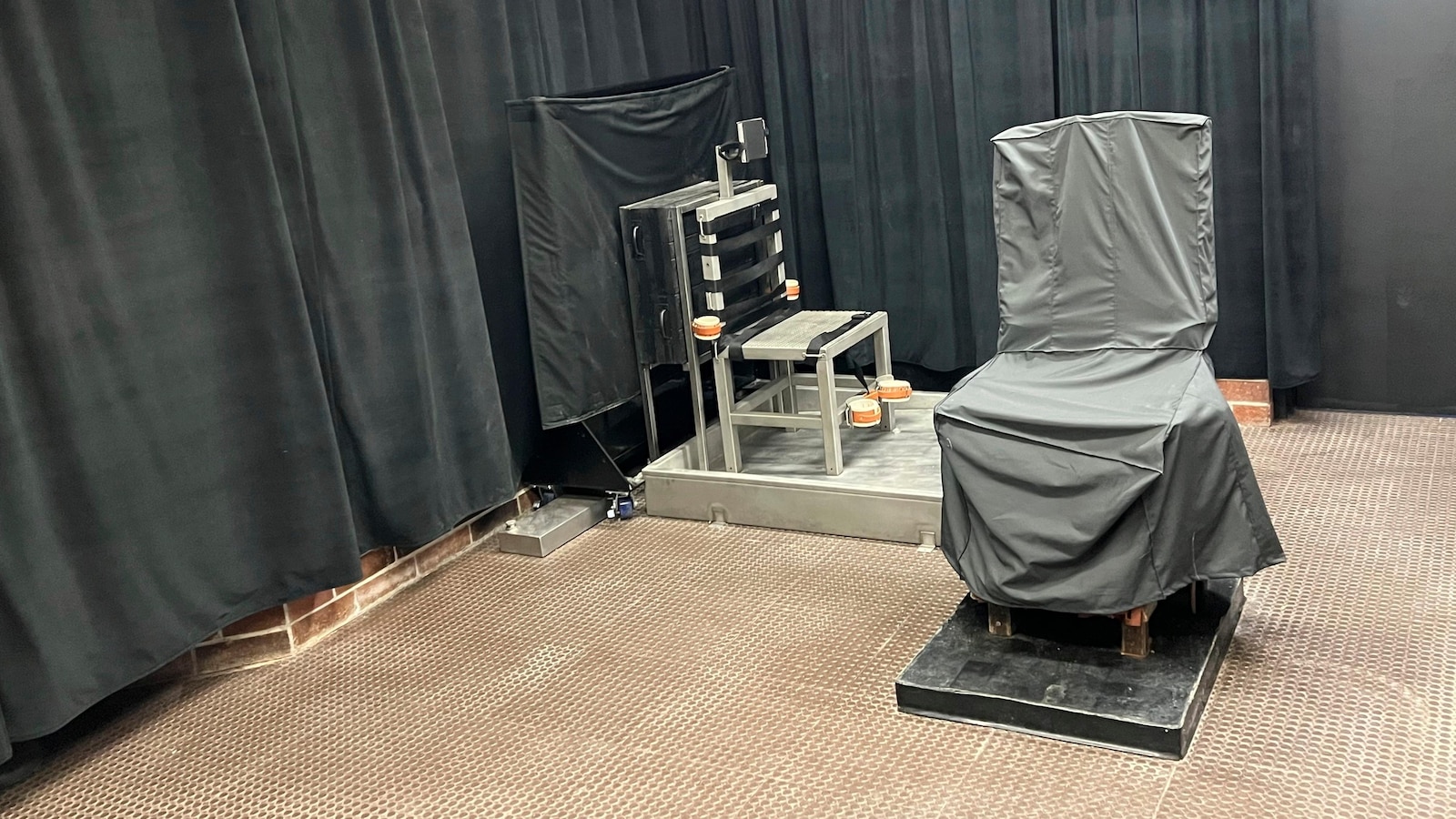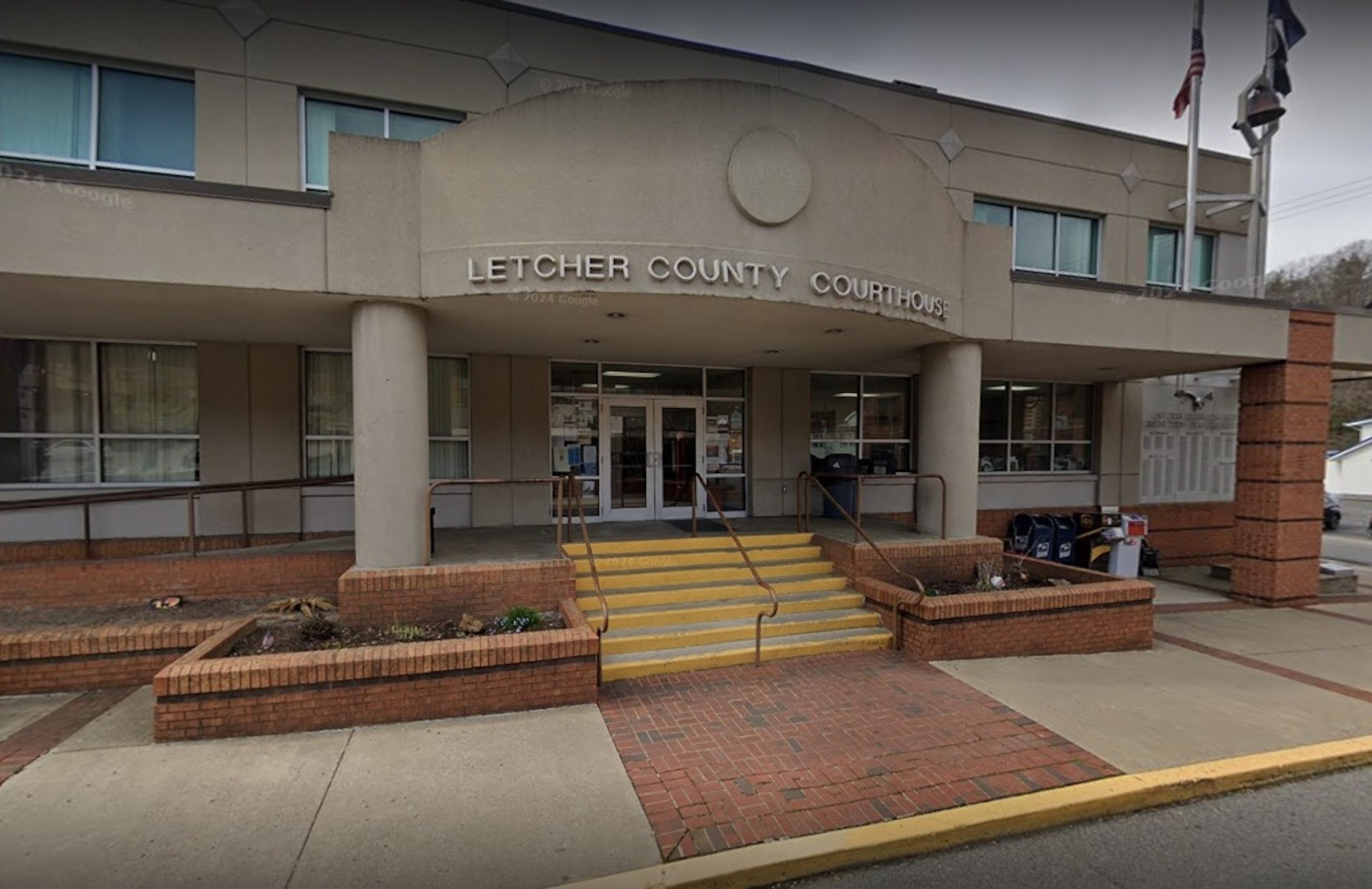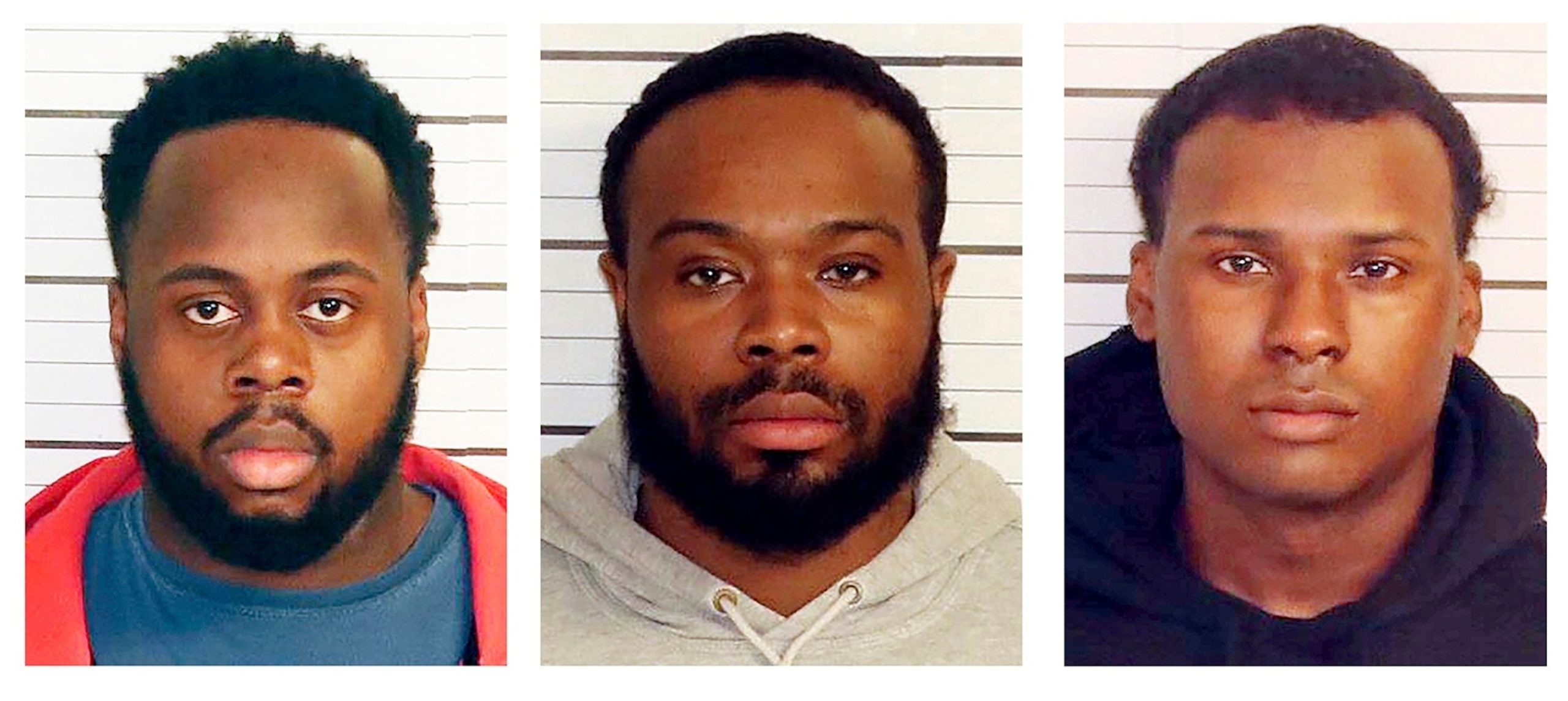
COLUMBIA, S.C. — Just days before inmate Freddie Owens is set to die by lethal injection in South Carolina, the friend whose testimony helped send Owens to prison is saying he lied to save himself from the death chamber.
Owens is set to die at 6 p.m. Friday at a Columbia prison for the killing of a Greenville convenience store clerk in 1997.
But Owens’ lawyers on Wednesday filed a sworn statement from his co-defendant Steven Golden late Wednesday to try to stop South Carolina from carrying out its first execution in more than a decade.
Prosecutors reiterated that several other witnesses testified that Owens told them he pulled the trigger. And the state Supreme Court refused to stop Owens’ execution last week after Golden, in a sworn statement, said that he had a secret deal with prosecutors that he never told the jury about.
On Wednesday, Golden signed another sworn statement saying Owens wasn’t at the store when Irene Graves was killed during a robbery.
Instead, he said he blamed Owens because he was high on cocaine and police put pressure on him by claiming they already knew the two were together and that Owens was talking. Golden also said he feared the real killer.
“I thought the real shooter or his associates might kill me if I named him to police. I am still afraid of that. But Freddie was not there,” Golden wrote in his statement, which does not name the other person.
Golden testified at Owens’ trial, saying prosecutors promised to consider his testimony in his favor but he still faced the death penalty or life in prison. He was eventually sentenced to 28 years in prison after pleading guilty to a lesser charge of voluntary manslaughter, according to court records.
“I’m coming forward now because I know Freddie’s execution date is September 20 and I don’t want Freddie to be executed for something he didn’t do. This has weighed heavily on my mind and I want to have a clear conscience,” Golden wrote in his statement.
Prosecutors have said Golden wasn’t the only evidence linking Owens to the crime since other friends testified that they, along with Owens, had planned to rob the store. Those friends said Owens bragged to them about killing Graves. His former girlfriend also testified that he confessed to the killing.
Prosecutors argued last week that Graves’ decision to change his story shouldn’t be enough to stop the execution because Graves has now admitted to lying under oath, thereby showing that he cannot be trusted to tell the truth.
“There is no indication that Golden will testify; there is no reasoning to why Owens would admit the shooting (of) Ms. Graves to officers, his girlfriend, and his mother if he was not the shooter as now claimed,” the state Attorney General’s Office wrote in court papers.
Also on Thursday, a group called South Carolinians for Alternatives to the Death Penalty presented a petition with more than 10,000 signatures to Gov. Henry McMaster’s office asking him to reduce Owens’ sentence to life in prison.
“Justice works for restoration. You cannot restore someone who you kill,” said the group’s executive director, Rev. Hillary Taylor, as she read from one of the comments on the petition.
McMaster, a Republican, has said he will wait to announce his decision on clemency until prison officials call him minutes before the execution begins.
Owens would be the first person executed in South Carolina in 13 years after the state struggled to obtain drugs needed for lethal injections because companies refused to sell them if they could be publicly identified.
The state added a firing squad option and passed a shield law to keep much of the details of executions private. The state Supreme Court then cleared the way for the death chamber to reopen this summer.
Five other inmates are also out of appeals and the state can schedule executions every five weeks.
Inmate Facing Execution Receives New Testimony from Man Admitting to Lying in Previous Testimony
In a shocking turn of events, an inmate who is facing execution has received new testimony from a man who has admitted to lying in his previous testimony. This revelation has raised serious questions about the validity of the inmate’s conviction and has sparked a renewed debate about the use of the death penalty.
The inmate, whose name has not been released to the public, was convicted of a heinous crime several years ago based largely on the testimony of a key witness. However, this witness has now come forward and confessed that he lied during the trial in order to receive a reduced sentence for his own crimes.
The new testimony has cast doubt on the credibility of the original witness and has raised concerns about the fairness of the inmate’s trial. Many are now calling for a reexamination of the case and for the inmate to be granted a new trial.
This case highlights the inherent flaws in the criminal justice system, particularly when it comes to capital punishment. The use of unreliable witness testimony and the pressure to secure convictions can often lead to wrongful convictions and miscarriages of justice.
The revelation of the new testimony has also reignited the debate over the death penalty. Critics argue that cases like this demonstrate the fallibility of the justice system and the irreversible nature of capital punishment. They argue that no system is foolproof and that innocent people can and have been executed in the past.
On the other hand, supporters of the death penalty maintain that it is a necessary deterrent against violent crime and that justice must be served for victims and their families. They argue that cases of wrongful convictions are rare and that the justice system has safeguards in place to prevent such injustices.
As the inmate’s case continues to unfold, it serves as a stark reminder of the complexities and uncertainties of the criminal justice system. It also raises important questions about the morality and effectiveness of the death penalty in modern society.
Ultimately, the new testimony in this case underscores the need for a thorough and impartial review of all evidence in criminal cases, especially those involving capital punishment. The stakes are too high to allow for mistakes or injustices to go unchecked, and every effort must be made to ensure that justice is served fairly and accurately.


